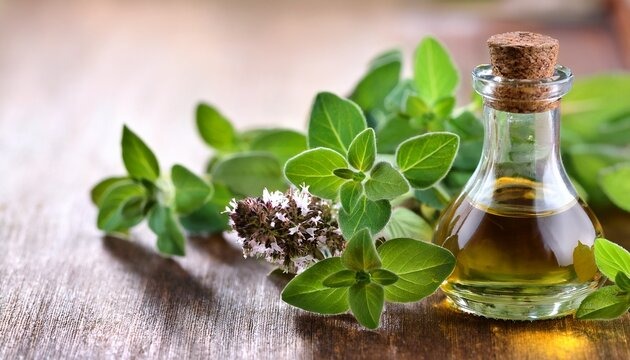Oregano is widely known as a flavorful addition to Mediterranean cuisine, often associated with pizza, pasta sauces, and roasted vegetables. However, this common kitchen herb also holds a long-standing place in traditional medicine. From ancient civilizations to modern research labs, oregano continues to earn recognition for its potential health-supporting properties.
While it may seem like a simple seasoning, oregano contains powerful natural compounds that offer a range of wellness benefits — especially when used properly and in moderation. Let’s explore how this culinary herb can play a quiet yet supportive role in your overall health.
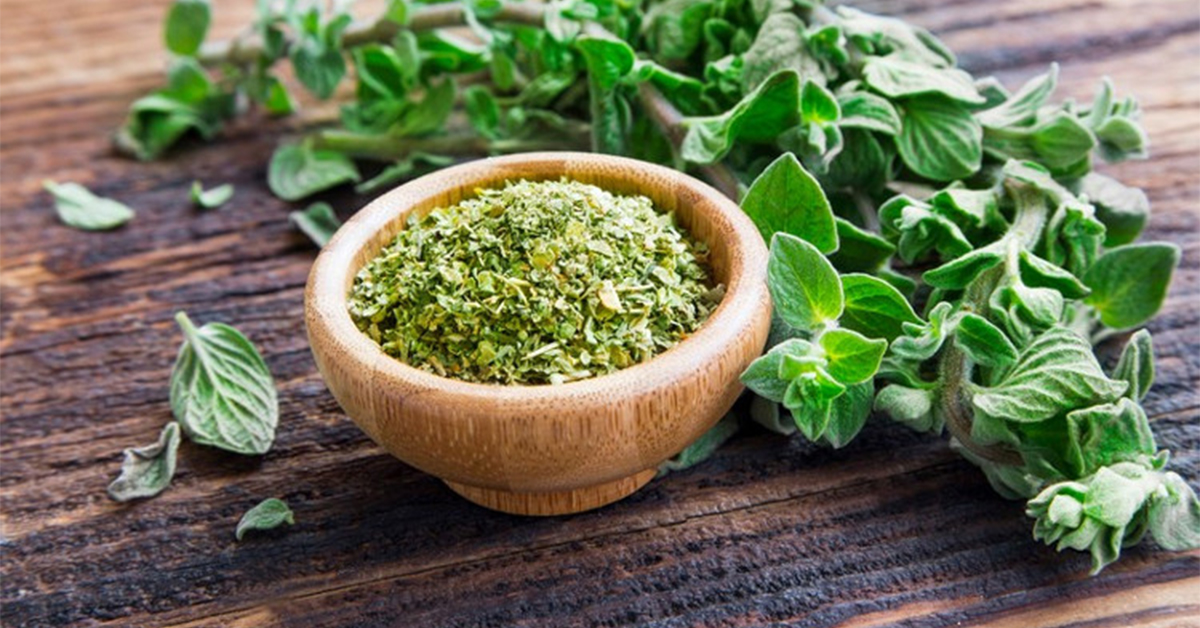
A Historical Look at Oregano’s Medicinal Roots
Oregano, or Origanum vulgare, is a perennial herb native to the Mediterranean region. It has been used for centuries across cultures for both its culinary and therapeutic value.
In ancient Greece, oregano was considered a symbol of joy and wellness. Traditional healers often used it to support respiratory function and digestive health. It also played a role in early herbal remedies across Middle Eastern and Chinese medicine systems.
Modern science has since identified several key compounds in oregano that may explain its historical use, including carvacrol, thymol, and rosmarinic acid — all of which contribute to its antimicrobial, antioxidant, and anti-inflammatory properties.
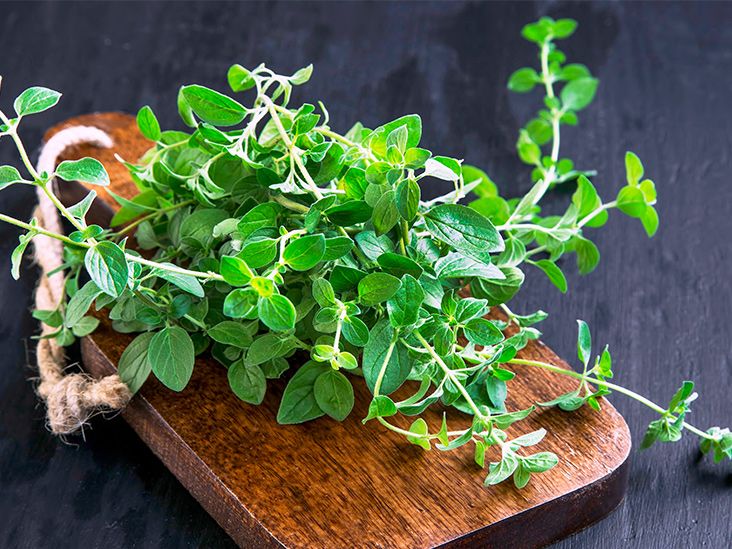
Top 5 Science-Backed Benefits of Oregano
While oregano is not a substitute for medical treatment, early research and anecdotal reports suggest that it may provide gentle, natural support for various aspects of well-being when incorporated thoughtfully.

1. Digestive Support
Oregano has been shown to promote healthy digestion by supporting a balanced gut microbiome. Its natural compounds may help reduce the growth of certain harmful bacteria while supporting beneficial strains in the digestive tract.
Additionally, oregano stimulates bile flow, which aids in the breakdown of dietary fats and can contribute to smoother digestion, especially after heavy meals.
2. Immune System Support
One of oregano’s most discussed benefits is its potential immune-boosting effects. Carvacrol and thymol have been studied for their antimicrobial activity, with some lab studies indicating they may help limit the growth of certain bacteria and viruses. These compounds also possess antioxidant properties, which help neutralize free radicals and reduce oxidative stress — both of which are important for maintaining a strong immune system.
While oregano is not a replacement for vaccines or antiviral medications, it may offer seasonal immune support as part of a well-rounded wellness routine.
3. Natural Antifungal Properties
Oregano oil has been studied for its antifungal effects, particularly against Candida albicans, a common yeast that can become problematic when overgrown in the body. Preliminary studies suggest oregano oil may help regulate fungal balance when used under the guidance of a healthcare professional.
Topically, diluted oregano oil is sometimes used to manage minor fungal skin concerns, such as athlete’s foot or nail issues. However, care must be taken to avoid irritation.
4. Joint and Muscle Comfort
The anti-inflammatory properties of oregano, especially in essential oil form, may offer mild relief for occasional joint or muscle discomfort. While it should not replace prescribed medications or treatments for chronic conditions, oregano oil can be used as part of a natural approach to ease temporary aches and stiffness — particularly when applied topically in a diluted blend.
5. Urinary Tract Support
Though not a primary treatment, oregano’s natural antimicrobial effects may offer subtle support during minor urinary discomfort by promoting urinary tract cleanliness. It’s important to note that oregano is not a cure or replacement for medical care but may serve as a gentle supplemental aid in certain wellness routines.
How to Safely Use Oregano for Wellness
There are several accessible ways to incorporate oregano into your daily lifestyle, depending on your personal health goals and preferences. As with all herbal supplements, it’s important to consult a healthcare provider before starting any new regimen — especially if you are pregnant, nursing, or managing a health condition.

1. Oregano Tea
Oregano tea is a traditional method of consuming the herb for internal support. Simply steep 1 teaspoon of dried oregano or several fresh sprigs in hot water for about 10 minutes. The flavor is slightly bitter, but a touch of honey or lemon can help improve the taste.
Many people enjoy oregano tea during colder months or after meals for its warming, comforting properties.

2. Essential Oil (Use With Caution)
Oregano essential oil is highly concentrated and should never be used undiluted. It is available in capsule form or as a liquid that can be diluted with a carrier oil like olive or coconut oil.
-
Internal use: Only use food-grade oregano oil capsules and follow product directions or professional advice.
-
Topical use: Mix 1–2 drops of oregano oil with 1 teaspoon of carrier oil. Apply only to small areas of skin and avoid eyes, broken skin, or sensitive areas.
Always perform a patch test before applying it to larger skin areas.

3. Culinary Uses
One of the easiest and most enjoyable ways to benefit from oregano is by using it in your cooking. Oregano pairs well with tomato-based dishes, roasted vegetables, meats, and salad dressings. It works harmoniously with garlic, lemon, and olive oil, and can be sprinkled on homemade soups, sauces, and even savory breads.
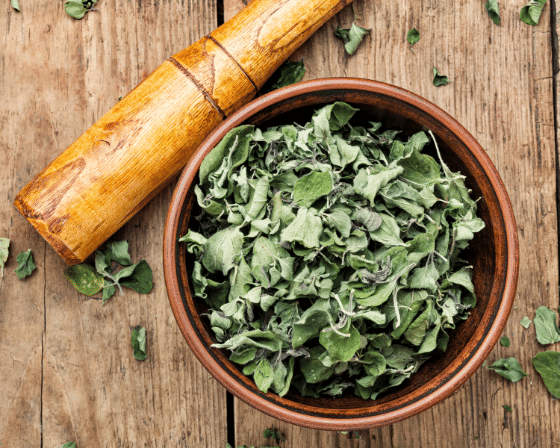
Oregano: Not a Cure-All, But a Helpful Ally
While oregano offers promising wellness benefits, it is not a substitute for professional medical treatment. Overuse or improper application, especially in essential oil form, can lead to side effects such as skin irritation or digestive discomfort. Like all herbal remedies, oregano should be used as part of a balanced approach to health, not a standalone solution.
People with allergies to plants in the mint family (such as basil or lavender) should also use oregano with care.
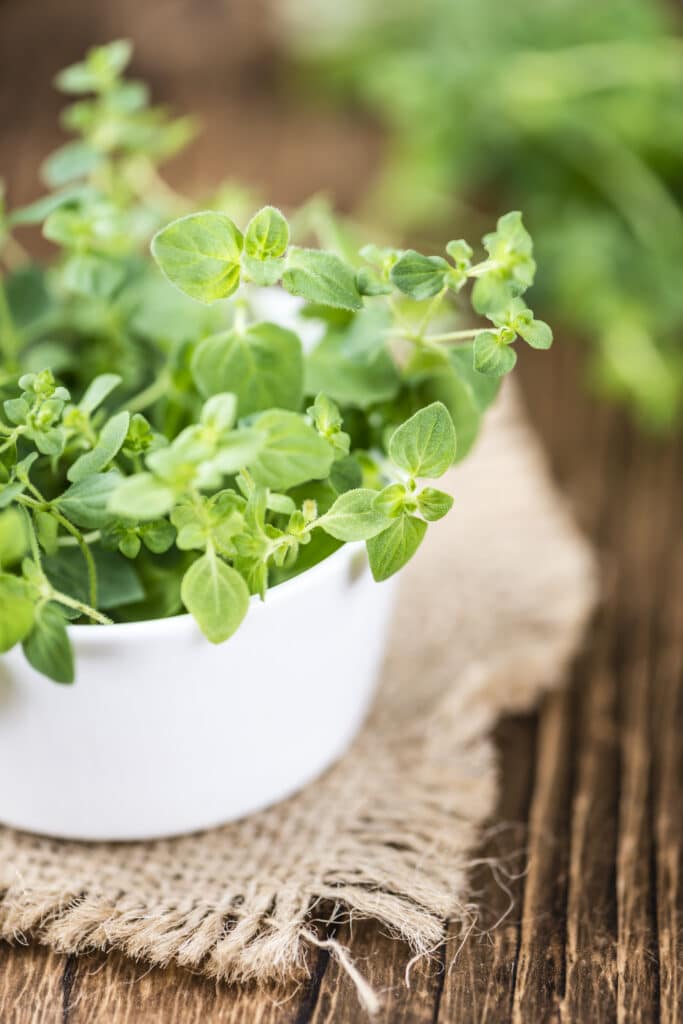
Conclusion: Rediscovering the Value of a Kitchen Staple
Though often overlooked, oregano is much more than a common spice. Its rich history in herbal medicine and the growing body of research into its active compounds highlight its potential as a supportive health ally.
From soothing tea to therapeutic oil and flavorful meals, oregano offers multiple pathways to enhance everyday well-being naturally and gently. When used thoughtfully, this humble herb can be a meaningful addition to your holistic health toolkit — proving that sometimes the simplest ingredients are also the most powerful.
